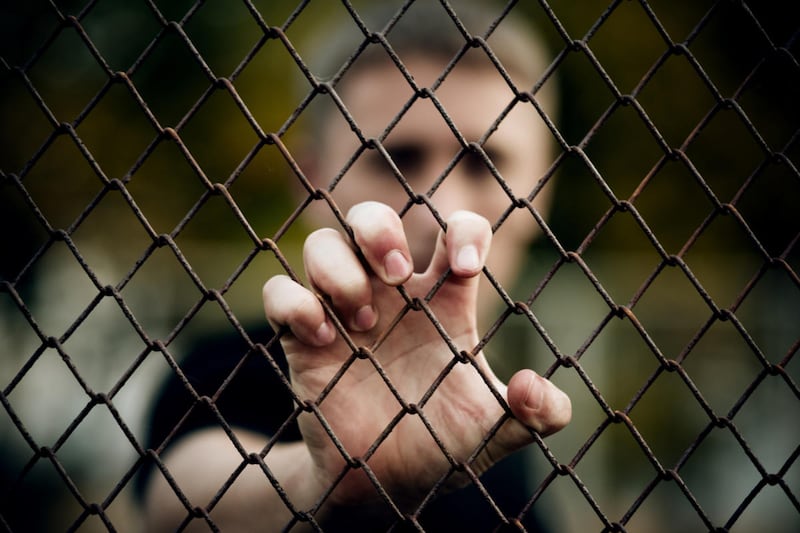Democracy depends on a level playing field in the justice system, but a report issued earlier this month says that justice can be elusive for poor and low-income Americans.
The Human Rights Policy Center at the University of North Carolina issued a report earlier this month which says that most low-income litigants can't obtain counsel due to a shortage of affordable lawyers, and the complex web of procedural rules works against them, creating a "justice gap."
"In its present state, the majority of individuals who are unable to obtain counsel on their own are left without a fair chance at legal recourse," the report authors wrote. "The consequences are many, but none as troubling as the effects on the basic human rights."
There is no right to counsel in civil cases — only criminal — which makes it hard for low-income and even middle-class citizens to get representation if they have a dispute with a landlord or employer, or have a domestic violence or deportation case, for example.
According to a 2013 law review article, the typical legal services consumer makes about $25 an hour and is priced out of the market for a lawyer even at low rates of $125 to $150 an hour. Even most novice lawyers just out of school charge $245 an hour, according to fee guidelines from the U.S. department of justice.
"Lack of access to legal help, in other words, serves as a shield for neglectful landlords and all sorts of other bad actors — abusive husbands, predatory lenders, corrupt employers," wrote Michael Zuckerman in the Atlantic.
There are no comprehesive numbers on how many people represent themselves in court, but 60 percent of judges nationwide reported increases in the number of people in civil suits without representation, according to the the American Bar Association. Sixty-two percent of judges said that parties were hurt by not having a laywer.
Many who go without a lawyer are in the middle class, who can't afford exorbitant lawyer fees but make too much to qualify for free legal aid. "The problem is growing for the middle class," said Larry Tribe, who heads the U.S. Justice Department's Access to Justice Initiative told the Wall Street Journal.
Many legal aid organizations that provide services to those at or near the poverty line have lost funding since the recession. The Legal Aid Society in New York City lost nearly $1.8 million in funding from its budget of about $30 million because of state and city budget cuts after the recession.
"We can only help one out of every nine people who solicit our help," Steven Banks, the head of the organization, told the Wall Street Journal. Before the recession, they were able to help one in seven.
The Legal Services Corp., a nonprofit created under the Nixon administration to serve the poor, supports 134 programs across the country and says that four out of five low-income people can't afford a lawyer.
When the LSC was started, only 12 percent of citizens were eligible for its assistance; in 2013, 20 percent of Americans, or 64 million people, qualified for LSC, making less than $15,000 as individuals or $30,000 for a family of four. At the same time, LSC funding has decreased as need has shot up.
Investing in legal services for low-income people "makes good fiscal sense," according to Lauren Carasik, a clinical professor of law and the director of the international human rights clinic at the Western New England University School of Law, who wrote about the issue in Al Jazeera.
She points out that a 2014 Boston Bar association task force found that for every dollar spent providing legal aid for homelessness and domestic violence, Massachusetts saved $2 in services for those issues. New York is considering providing attorneys for housing court, where 90 percent of tenants have no laywer but 98 percent of landlords do.
"The most marginalized and disempowered deserve fair treatment in the legal system, which requires meaningful access to lawyers," Carasik said.
Email: laneanderson@deseretnews.com


